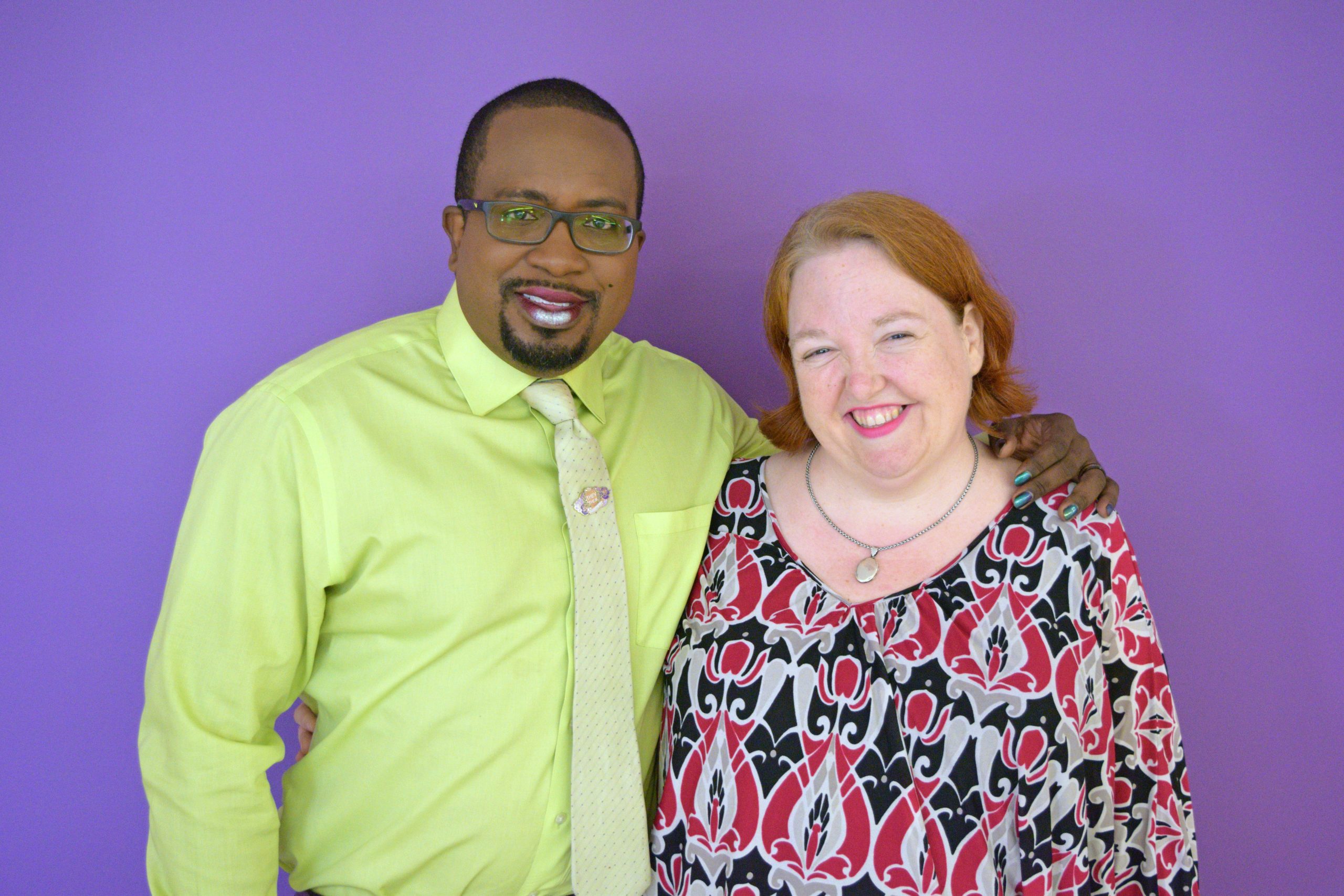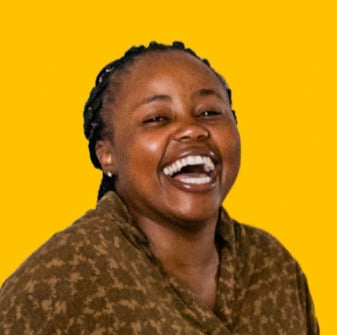By Kate Bishop, MSSA, and Randall Leonard, LCSW-C
Beloved community, what a bizarre period of history we find ourselves in. No one currently alive has ever experienced a global health crisis of this magnitude. Stumbling through a wrenching learning curve that has been called a “slow-motion collective trauma,” every person on Earth could probably use some emotional care right now.
 Every person on Earth includes you, friend. Due to underlying health disparities, employment inequities, and prejudice-related mental health stressors, LGBTQ people are especially vulnerable in this crisis. As the pandemic grinds on, Chase Brexton patients have shown increased anxiety over finances, loss of jobs, having to stay isolated from their support network, and people close to them having COVID-19 symptoms. Realistically, our bodies want to hibernate when we shelter in place, and that natural behavior combined with natural anxiety about one’s safety can lead to increased depression and panic.
Every person on Earth includes you, friend. Due to underlying health disparities, employment inequities, and prejudice-related mental health stressors, LGBTQ people are especially vulnerable in this crisis. As the pandemic grinds on, Chase Brexton patients have shown increased anxiety over finances, loss of jobs, having to stay isolated from their support network, and people close to them having COVID-19 symptoms. Realistically, our bodies want to hibernate when we shelter in place, and that natural behavior combined with natural anxiety about one’s safety can lead to increased depression and panic.
However, there are also many who recognize that this is not the first health crisis our community has experienced, and technology has been useful with connecting elders with community to share historic wisdom. And we have also seen individuals use this time for creative endeavors and projects that they felt they didn’t have the time for before isolation. Here are some emotional support suggestions to add to your self-care plan.
One-on-One Therapy
- At Chase Brexton Health Care (www.chasebrexton.org , 410-837-2050) most of our Behavioral health sessions have moved to telehealth. We are taking new patients, we take most insurance and see people who can’t pay on a sliding scale.
- The Pro-Bono Counseling Project (https://probonocounseling.org, (410) 825-1001) is a referral service that helps low-income Marylanders connect with a volunteer therapist they can see for free.
- If you have insurance or can self-pay, private practice therapists may be able to get you into sessions sooner. Psychology Today hosts “Find a Therapist” listings (www.psychologytoday.com/us/therapists) which you can filter by insurance or areas of specialty as well as the sexual orientation (LGB) or gender (M/NB/W) of the provider. BetterHelp (www.betterhelp.com) and Talkspace (www.talkspace.com) are other matching services that help connect you with a licensed therapist online.
Social and Peer Support Groups
Locally, many LGBTQ-serving organizations are continuing their existing support groups and starting new social opportunities via Facebook Live and video or telephone conference lines. For the most current listings of community groups and events, keep an eye on Facebook—most organizations are updating there before their websites.
- Chase Brexton, The PRIDE Center of Maryland, STAR TRACK, Hearts and Ears, Baltimore Safe Haven, Trans Healthcare MD, and CLEAR Baltimore are all hosting groups, classes, events, and other community connection opportunities.
- SAGEConnect is a new national program matching LGBT Elders with volunteers for a weekly check in via phone. Check https://www.sageusa.org/sageconnect/ to sign up to get or give calls.
- Recovery groups like AA and NA have moved online as well, and LGBTQ-focused meetings are still going strong. Call the 24-hour hotlines -- AA: 410-663-1922, NA: 1-800-317-3222, or find listings online; AA: https://baltimoreaa.org/, NA: https://www.baltoareana.org/.
Spiritual Support
Many faith communities are adapting services to online venues; check the LGBTQ-affirming congregations listed in this paper. For those who are more spiritual than religious, Facebook again is a good source for new community-driven online gatherings. This is the perfect time to find your people and connect.
- Locally, Baltimore’s Rooted Collective is building healing spaces for Black LGBTQ/SGL liberation with online meetups and guided meditation.
- Hinenu: The Baltimore Justice Shtiebl is continuing to hold services, online study groups, and build LGBTQ-affirming Jewish community.
- LGBTQ-focused Christian community Dreams and Visions held “Holy Week at Home” and will host services in the future.
Workbooks and Guides
- Chase Brexton produced a series of brief videos on emotional wellness during the pandemic, including LGBTQ topics, at https://www.chasebrexton.org/StayHealthyVideos.
- For those with mood disorders, great advice is available at the Anxiety and Depression Association of America (https://adaa.org) as well as an online peer support group at https://adaa.org/adaa-online-support-group.
- We highly recommend the excellent Corona Virus Anxiety Workbook, whether you deal with chronic anxiety or not: https://thewellnesssociety.org/free-coronavirus-anxiety-workbook.
Hotlines:
- The Trevor Project offers support and suicide prevention for queer and trans youth via phone, text, or chat (https://www.thetrevorproject.org, 1-866-488-7386).
- The Trans Lifeline (1-877-565-8860) offers peer support for transgender, gender expansive and questioning folks.
- SAGE’s LGBT Elder Support Hotline at 877-360-LGBT.
- Baltimore Crisis Response has a mental health support and mobile assessment team (410-433-5175).
- National Suicide Prevention Lifeline: 1-800-273-8255
- National Domestic Violence Hotline: 1-800-799-SAFE (7233) or chat at www.thehotline.org
Helping
When you feel helpless, look for a way to pitch in. Call an isolated elder, make cloth masks to donate, get groceries for your neighbor with a newborn, volunteer in a food distribution effort in person or remotely. Contributing to the common good can lift your spirits, and having something meaningful to do with your time may help you feel more in control.
Family, though we are distancing, you are never alone. Your community loves you as you are. Whatever your sphere of the pandemic may look like, you deserve credit for the strength and courage you have called up to survive thus far. You are doing great—keep breathing.
Kate Bishop and Randall Leonard are staff members of The LGBT Health Resource Center of Chase Brexton Health Care. For more on the Center's programs, visit resourcecenter.lgbt. For more information and resources to stay healthy, go to https://www.chasebrexton.org/stayhealthy.
LGBT Health Resource Center
